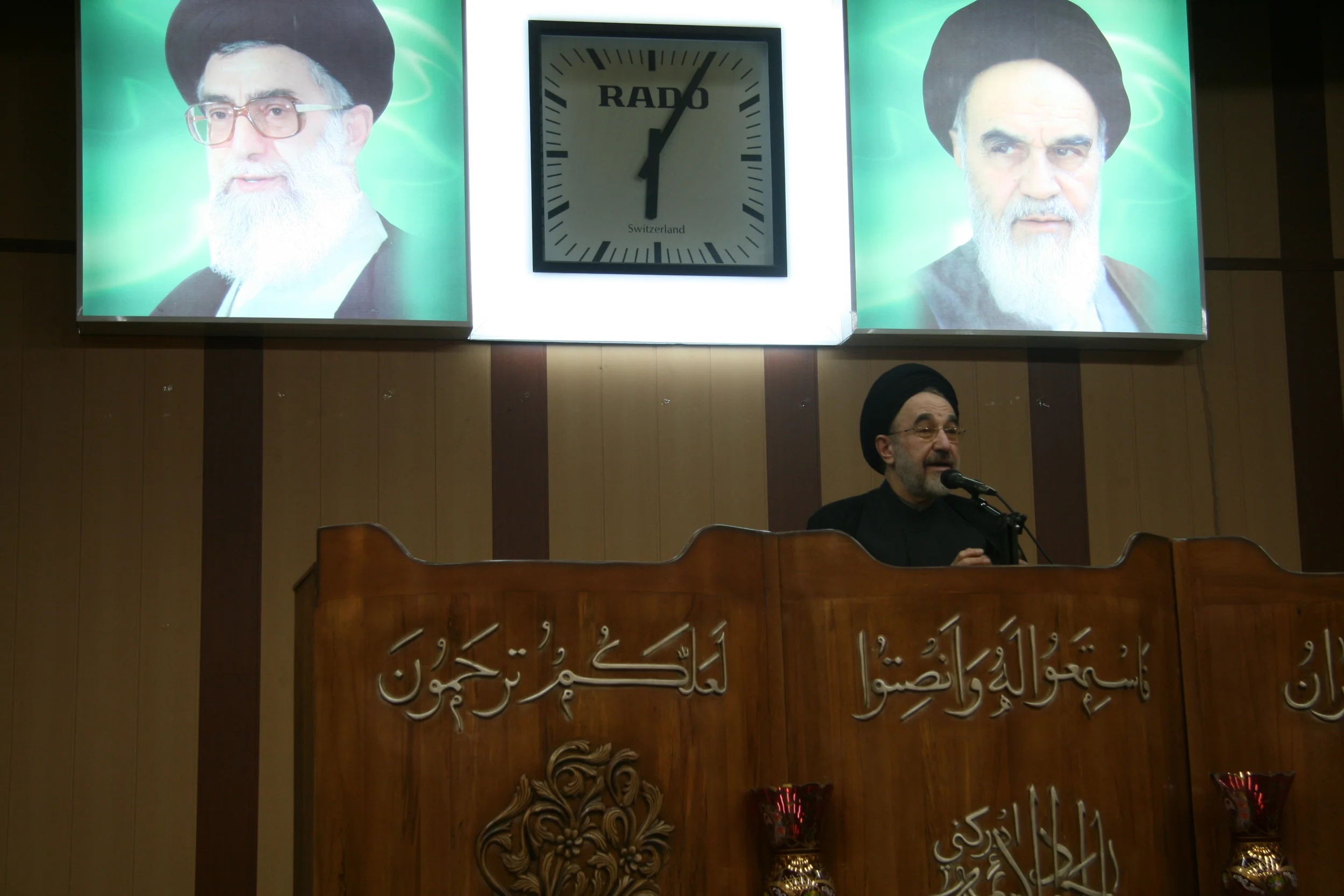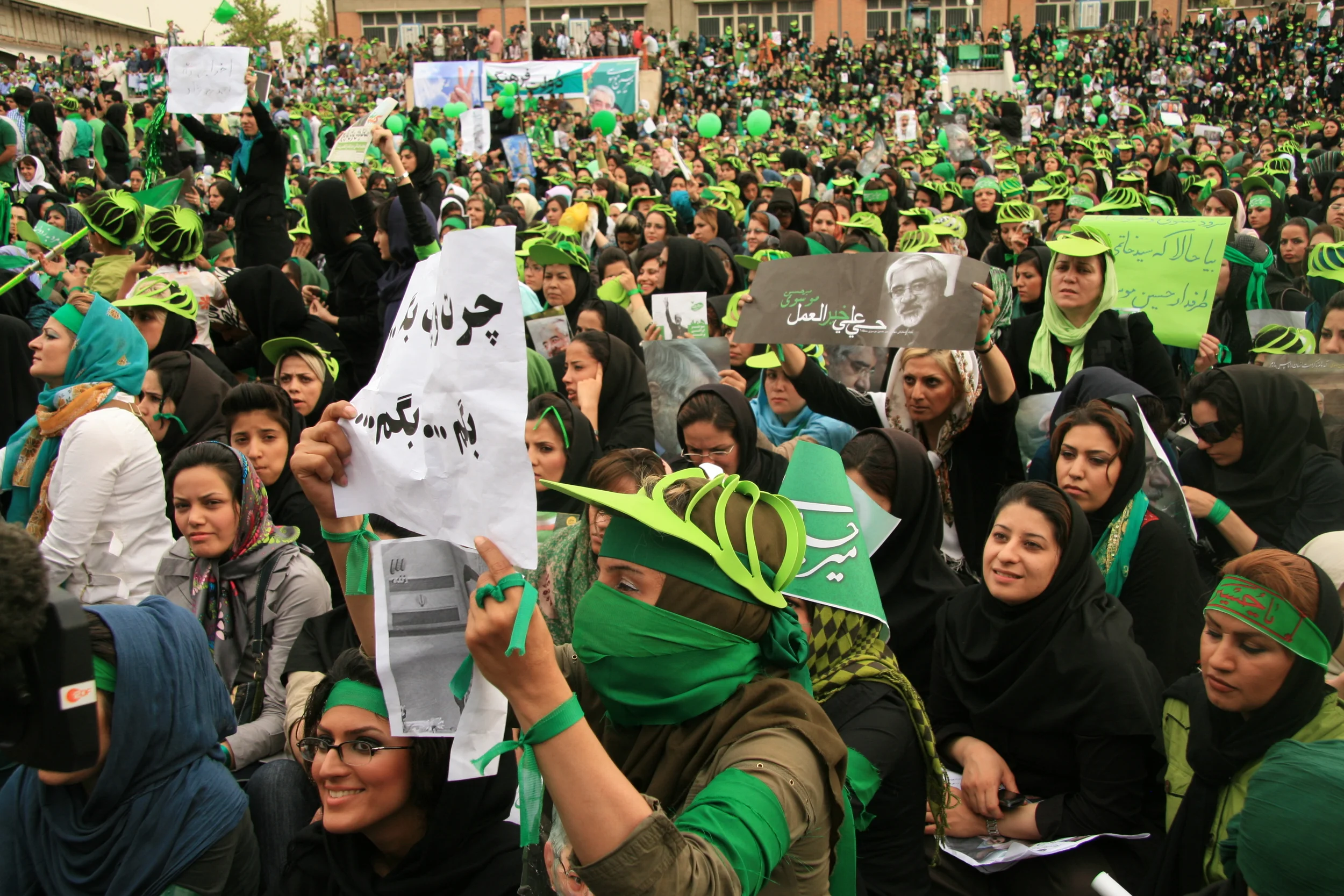Moderation theory describes the process through which radical political actors develop commitments to electoral competition, political pluralism, human rights, and rule of law and come to prefer negotiation, reconciliation, and electoral politics over provocation, confrontation, and contentious action. Revisiting this theory through an examination of two of the most prominent moderate Islamic political forces in recent history, Muslim Reformers in Iran and Turkey analyzes the gains made and methods implemented by the Reform Front in the Islamic Republic of Iran and the Justice and Development Party in Turkey. Both of these groups represent Muslim reformers who came into continual conflict with unelected adversaries who attempted to block their reformist agendas. Based on extensive field research in both locales, Muslim Reformers in Iran and Turkey argues that behavioral moderation as practiced by these groups may actually inhibit democratic progress. Gunes Murat Tezcur observes that the ability to implement conciliatory tactics, organize electoral parties, and make political compromises impeded democracy when pursued by the Reform Front and the Justice and Development Party. Challenging conventional wisdom, Tezcur's findings have broad implications for the dynamics of democratic progress.
Reviews of Muslim Reformers in Iran and Turkey
Güneş Murat Tezcür, 2010. "Moderation Theory Revisited: The Case of Islamic Political Actors," Party Politics 16(1): 69-88.
An influential political science literature argues that integration of radical political parties within the political system leads to their moderation. These parties trade off their ideological platforms for electoral viability and political legality. Radicals become moderates through strategic interests. In this article, I revisit this thesis and apply it to the Islamic political actors in Iran and Turkey by employing the comparative method of agreement. Three conclusions are reached. First, moderation helps explain the evolution of Islamists into Muslim reformers. Second, moderation is a double-edged sword, especially in regimes with strong un-democratic characteristics. Moderation of radicals may result in their domestication — a situation that does not contribute to democratic transition or consolidation. Finally, change in the ideologies of political elites is central in our understanding behavioural change. The data sources include ethnography, primary language sources and historical narratives.





